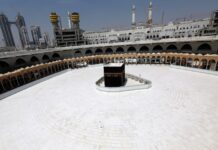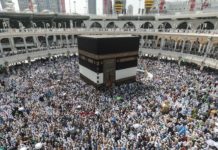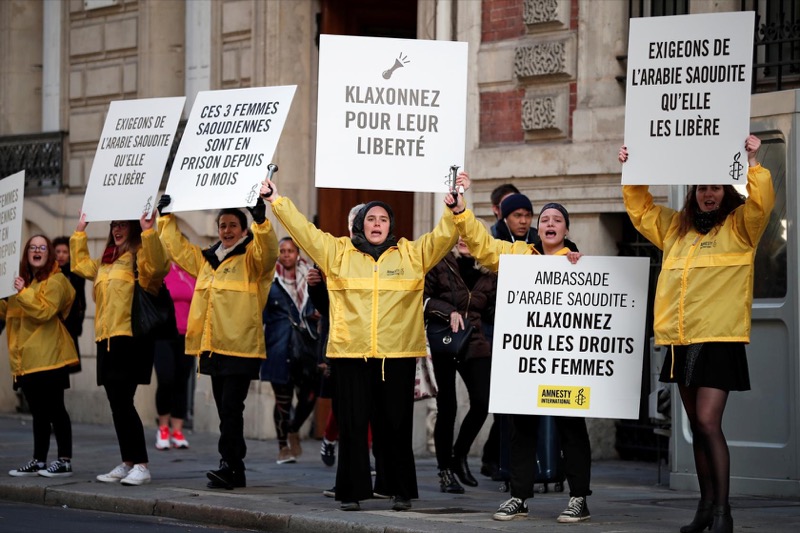
“We will not waste 30 years of our lives dealing with extremist ideas; we will destroy them today,” Prince Mohammed bin Salman promises at landmark conference
Speaking at a major investment conference in Riyadh the crown prince of Saudi Arabia, Mohammed bin Salman, has promised to return the country to “moderate Islam”.
Making the announcement at the beginning of a major landmark investment event, the prince said that the rigid doctrines in the country over the last three decades were the result of not knowing how to deal with the Iranian revolution.
Prince Mohammed bin Salman, speaking at the Future Investment Initiative conference on Tuesday 24th October, has promised his kingdom will return to “what we were before – a country of moderate Islam that is open to all religions and to the world”.
Saudi Arabia is governed under Wahabism – an Islamic doctrine and austere religious movement founded by Muhammad ibn Abd al-Wahhab. The vast majority of the Muslim world outside Saudi Arabia rejects Wahhabiism and considers it a “deviant sectarian movement” and a “distortion of Islam”.
The prince also said that his country would do more to tackle extremism.
“We will not waste 30 years of our lives dealing with extremist ideas; we will destroy them today,” he said.
The 32-year-old prince, is the driving force behind ‘Vision 2030’: Saudi Arabia’s long-term economic and social policy designed to wean itself off dependence on oil, and is popular for his reforms to the country’s ineffective state bureaucracy.
Last month, it was announced women in Saudi Arabia would be finally be given the right to drive, a symbolic move signalling changes to the institutionalised discrimination against women in the country.

The crown prince added that the country’s conservatism was in part a fallout from Iran’s Islamic Revolution. Expanding on interviews, he said: “What happened in the last 30 years is not Saudi Arabia. What happened in the region in the last 30 years is not the Middle East.
“After the Iranian revolution in 1979, people wanted to copy this model in different countries, one of them is Saudi Arabia. We didn’t know how to deal with it. And the problem spread all over the world. Now is the time to get rid of it.
“We are a G20 country. One of the biggest world economies. We’re in the middle of three continents. Changing Saudi Arabia for the better means helping the region and changing the world. So this is what we are trying to do here. And we hope we get support from everyone.”
The claims from Prince bin Salman are being met with much scepticism as Saudi’s hardline clerics still wield much power and influence in the country. Rights groups continue to condemn the state’s human rights violations, the precedent for many of which is based on the Wahabi interpretation of Quranic law.
Prince bin Salman has built his reputation as a bold and socially liberal reformer. He was appointed heir to the throne in a quick move by his father, King Salman bin Abdulaziz Al Saud, earlier this year and is viewed by many as the face of the modern kingdom.
Also at the Future Investment Initiative, Prince bin Salman announced the creation of Neom, a new $500bn (£381m) independent economic zone to be built on the border with Jordan and Egypt.
The 2025 project will operate using alternative energy and serve as a worldwide technology innovation hub, he said.












